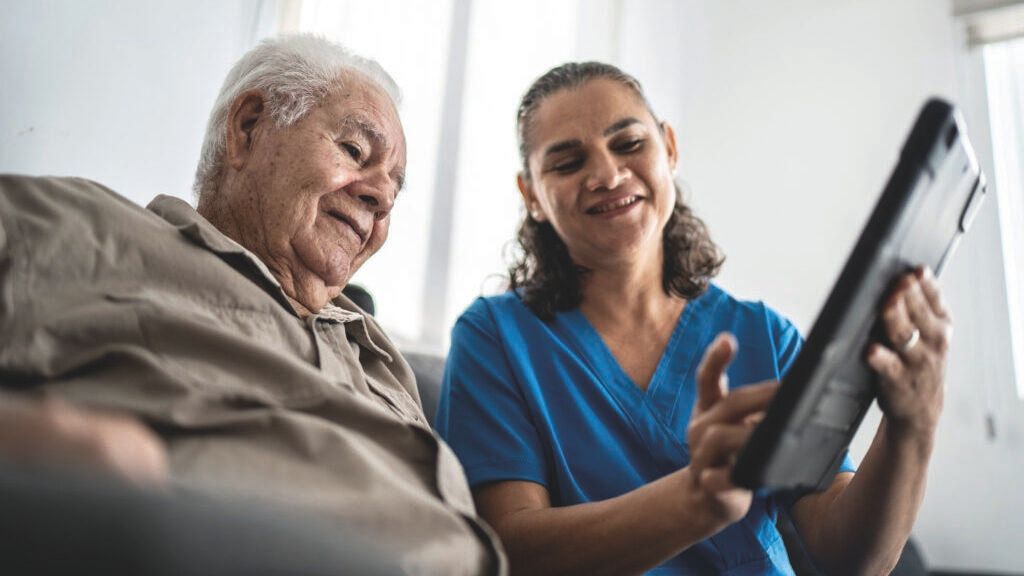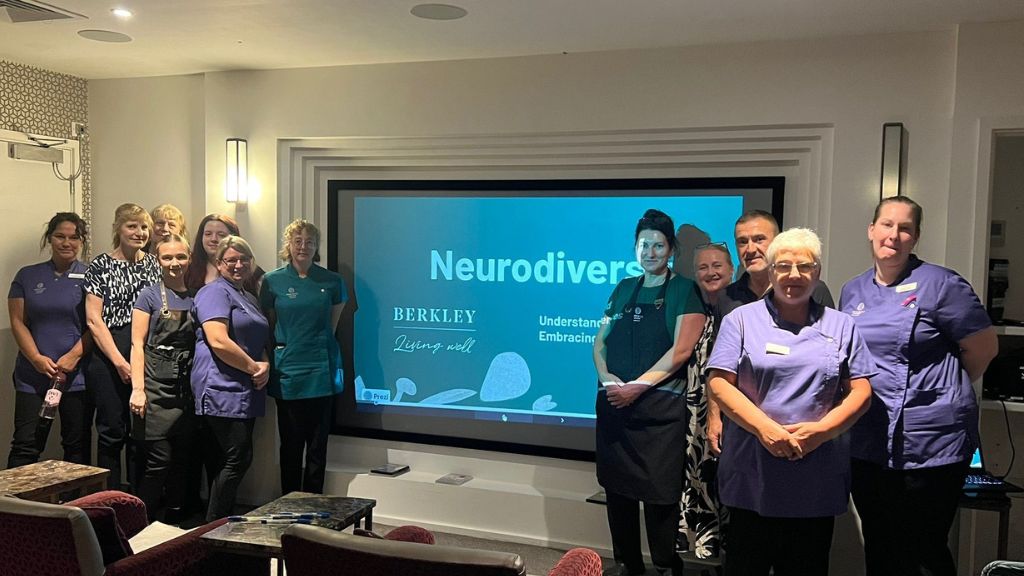Sekoia: Ready for the next step

Originally a Danish innovator, Sekoia has expanded its influence across the UK and Scandinavia, cementing its position as a pioneering care management system for over a decade. In a recent interview with Caring Times, co-founder and chief marketing officer Morten Mathiesen reveals Sekoia’s bold plans.
Sekoia’s investment journey, which began with a Series A round of €2.7 million by Northcap Partners in 2015, has evolved with additional investment from family office SPG International in 2016, making it the main owner. Mathiesen today discusses the ongoing exploration of financial strategies, technology scaling, and team expansion, while also placing sustainability high on the agenda.
He predicts, and is in favor of, consolidation in the SaaS sector as he says the provider and supplier landscape are predominantly small and medium-sized enterprises (SMEs). “When there are so many small players like us in the marketplace, there’s obviously going to be consolidation. I expect that we will see a lot more deals like that of Person Centred Software acquisition of ATLAS eMAR system [a medication management system] and Nourish acquiring CarePlanner. That is just the natural market progression and development.”
Mathiesen does not turn down the prospect of Sekoia becoming part of an entity in the short term and/or fundraising to further scale up. “We are still an SME, and we are covering five different types of regulation— the Scottish, the Welsh, the English, the Swedish and the Danish. And we are competing in at least three different marketplaces. So, we need to find out the right way forward for us strategically. At the same time, we don’t want to give up on our sustainability dreams and visions.”
Conquering more territories
From Denmark to Sweden and the UK—what lies ahead in terms of geographical expansion for Sekoia? Mathiesen describes geographical expansion as a “key consideration.” “This is driven by our success in the Swedish market, where we introduced a rather disruptive approach. The Swedish market, characterised by legacy systems, has embraced Sekoia’s efficient and innovative methods. We now receive interest from the Baltics, drawn to Scandinavia’s care model. Additionally, Australia and South Africa are potential target markets for knowledge and product transfer, replicating the UK care model. However, we are cautious about expanding into vastly different markets, like the US, the Netherlands, or Germany for example, where care models and financing structures differ significantly.”
The decision to expand geographically so far is “reactive” responding to incoming interest, he explains adding that Sekoia remains “strategically uncertain” about pursuing these opportunities. This uncertainty is carefully weighed against Sekoia’s ongoing focus on the competitive UK landscape and the commitment to disrupting the Swedish market.
Denmark remains a stronghold, contributing 50% of Sekoia’s revenue, followed by Sweden at 30%, and the UK at 20%.
Mathiesen here acknowledges some of the key challenges of internationalisation. “Going from encountering a realm of requirements, needs, wishes, and interests in one particular marketplace to developing a generic model may be challenging,” he says and emphasises the importance of adaptability, tailoring Sekoia’s approach to the specific characteristics of each market.
New segments and tech advancements
As for new segments, Sekoia remains “curious,” he says. While the primary focus is on traditional social care providers, he envisions a paradigm shift with the Sekoia app empowering individuals to manage their own well-being. The app’s potential includes monitoring vital signs through smartwatches, utilising AI to observe patterns, locations, and needs. This could lead to alerts for changes such as skipped meals or altered sleep patterns, ultimately recommending additional or altered care. This vision extends to a new demographic, he explains —individuals living independently and those returning to society after mental health challenges, offering independence and reducing the need for constant supervision.
Mathiesen continues to emphasise Sekoia’s continuous technology scale-up efforts, particularly for the UK care sector transitioning from paper-based systems. “Compliance with the NHS standards is a key driver for development efforts. On top of this, we are currently in our beta 2.0 phase using real AI and machine learning to analyse social care datasets, identify significant deterioration, and detect deviations in people’s daily patterns, promoting a proactive and preventative approach rather than some of the misleading AI hype around risky auto-completion of care plans.”
Additionally, he points to challenges faced in the sector’s transition from traditional note-taking to a more technologically advanced approach, emphasising the importance of micro data and training algorithms in natural language processing to understand contextual elements, and the need for careful development and refinement in such systems.
In Sweden, Sekoia is now busy building a medicines management system – a milestone for the company as described by Mathiesen. The company has been selected among the entire marketplace of the Association of Private Care Providers (Vårdföretagarna). Digital health provider Kry Livi has been chosen as the online doctor to test this new medicine module from the Swedish eHealth Agency (E-Hälsomyndigheten), and Sekoia has been chosen alongside Kry to deliver the medicines integration for elderly care.
The future of health monitoring
Looking ahead, he predicts that we’ll see a lot more assistive technologies as part of the tech delivery for social care, including wearables, sensors, AR and VR for training. Mimicing consumer trends such Google Glasses or the use of devices like Alexa.
The potential of big tech or even the existing social care supplier landscape with companies like Sekoia is enormous, he firmly believes. Health monitoring through apps, supplementing data produced at the point of health and care, is great and capable of providing empowerment as described by Mathiesen with the Swedish term “Delaktighet” (participation). He concludes with a quote from a care home operator, stating that “We all need to imagine our children as old people. I know that’s hard. When they are old, how do we want care to be like for them? We have to protect our children – all their lives – considering the broader impact for society.”



